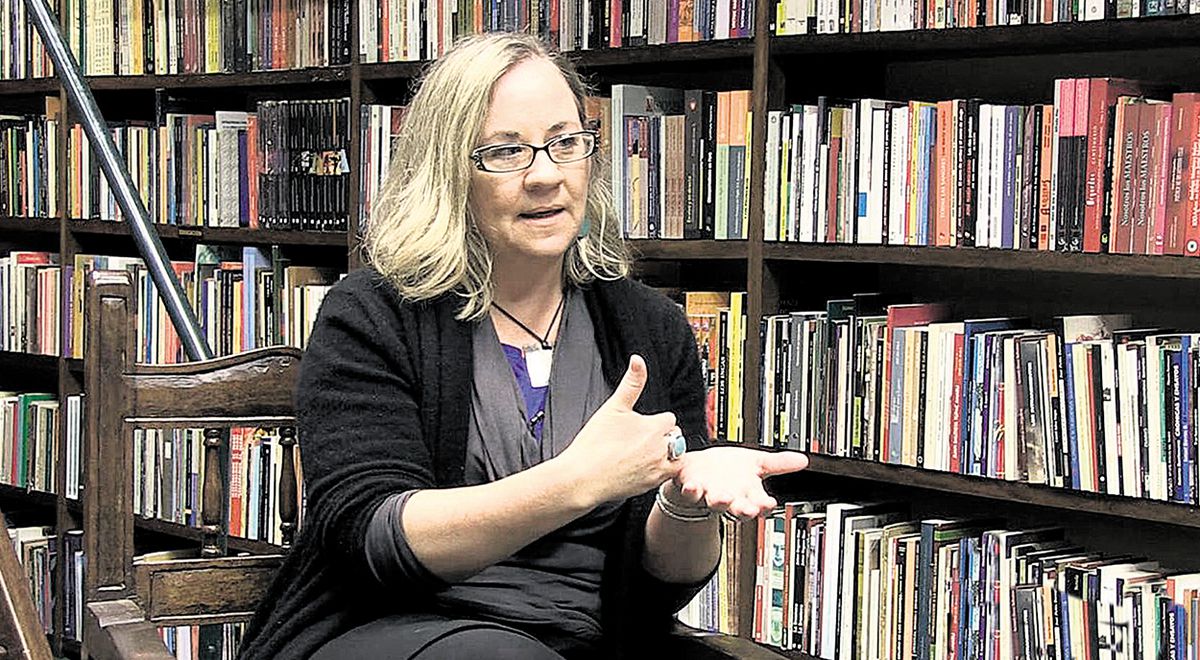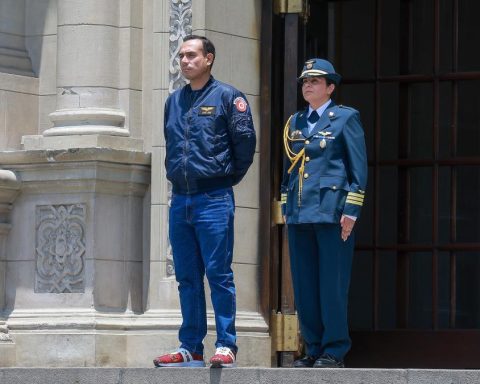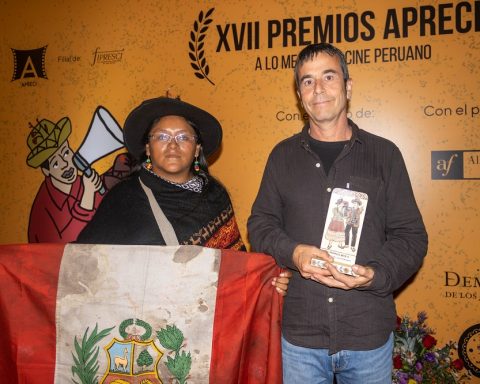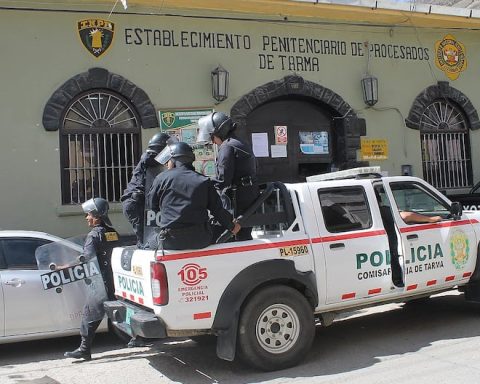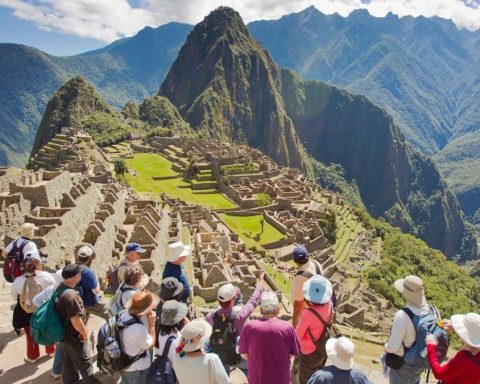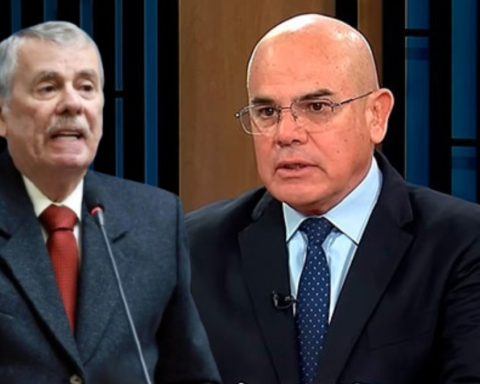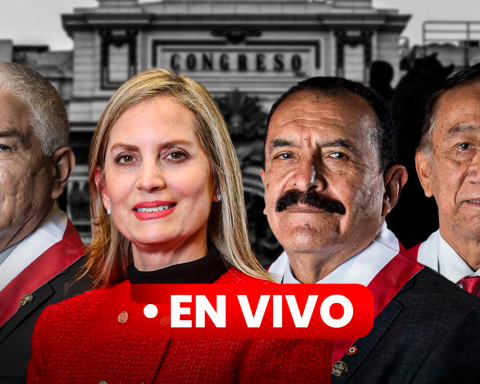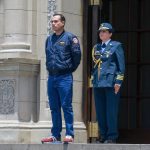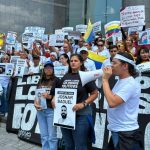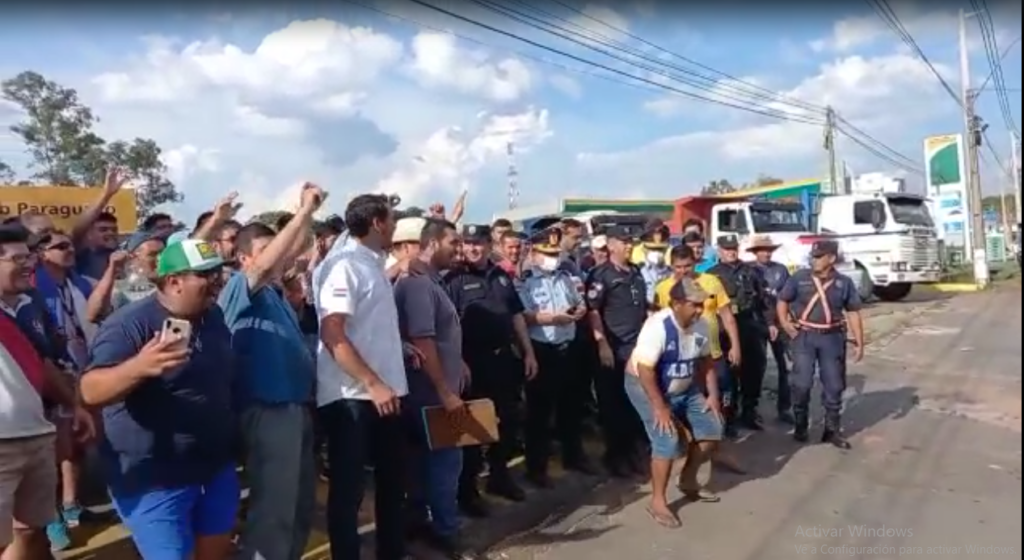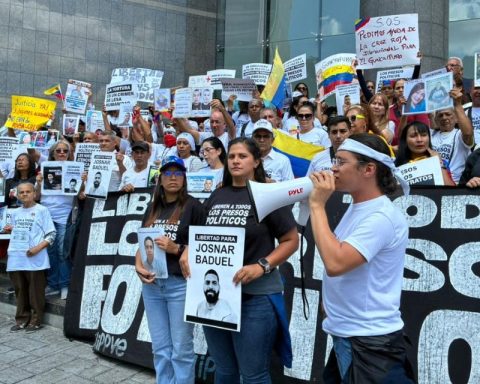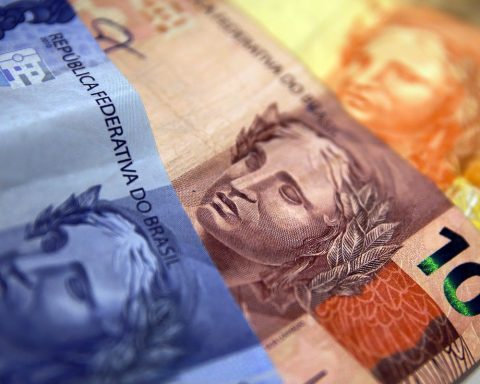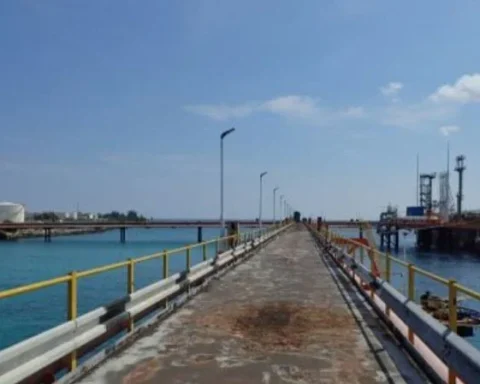If we take into consideration that the Inter-American Court of Human Rights questioned the pardon granted by Pedro Pablo Kuczynski to Alberto Fujimorithe researcher of political violence and human rights Jo-Marie Burt considers that in the face of the recent sentence of the TC it will pronounce itself in the same line.
Is the ruling of the TC that rehabilitates the pardon granted to Fujimori in 2017 irreversible? Is the only option the Inter-American Court?
It is the only option and it is quite clear what is going to happen. The Inter-American Court has already issued its opinion on the 2017 pardon. It concluded that the pardon was harmful to rights and violated the American Convention on Human Rights. Therefore, it may take a week, a month or half a year, but I have no doubt that the Inter-American Court will find that the TC ruling violates the American Convention or directly annul the ruling.
What was the basis of the Court to question the 2017 pardon?
That amnesties, pardons and other mechanisms intended to guarantee impunity in cases of serious human rights violations or crimes against humanity cannot be granted. And Fujimori was sentenced for crimes against humanity as pointed out by the Supreme Courttherefore in his case the pardon is not applicable.
Do you mean that the Inter-American Court could rule in the same direction, since what the TC has done is resurrect the 2017 pardon?
Exactly, the TC has revived a pardon that the Peruvian Supreme Court itself and the Inter-American Court have already declared to be fraudulent, null, violating the American Convention on Human Rights. It is very daring that the TC has made this decision knowing that its decisions must be in accordance with the Court and the Convention.
And could the Peruvian State take any action
I have read that Fujimori’s pardon was granted through a supreme resolution, so President Castillo could annul the pardon with another supreme resolution. I am not a Peruvian lawyer, but I understand that it could. But I don’t know if the government would. Castillo has spoken so far in an ambiguous manner. He has not said that he will fight the ruling. However, the Executive, hand in hand with the victims of Uptowns and the cantutacould resort to the Inter-American Court and say: the ruling of the TC is detrimental to the obligations of the Peruvian State, we do not agree.
What do you consider to be the most controversial part of the TC ruling?
It is not that there is a more or less controversial part. The entire ruling is controversial for different reasons. Overnight, Judge Ernesto Blume put the issue on the agenda and other judges have complained because they have not had time to study, and that it was too early to vote. That is irregular. In addition, the Inter-American Court pointed out that the 2017 pardon violates the victims’ right to access justice and violates the American Convention and ordered the Peruvian State to revoke the pardon, which effectively happened with a Supreme Court ruling.
YOU CAN SEE: Juan Carrasco announces that the Executive will go to the IACHR to reverse the ruling of the TC that frees Fujimori
So, did the TC not even have to take into consideration the habeas corpus against the annulment of the pardon?
The TC, by accepting a habeas corpus that questions the annulment of the pardon, ignored the rights of the victims that the Inter-American Court has indicated. And he also ignored all the elements of fraud that gave rise to the pardon, from the medical reports to the lack of motivation, in short. That pardon arose from a series of irregularities. Even Kenji Fujimori He is tried for exchanging favors with Pedro Pablo Kuczynski, for exchanging the pardon for votes so as not to be vacated.
Will the ruling of the TC affect the ongoing processes that Fujimori is facing?
Yes, because the Kuczynski resolution granted, in addition to the pardon, the right of grace. In other words, he could not be tried for other cases, which is another aggravating factor, because the case of the murder of 6 people in Pativilca, committed by the Colina detachment, is pending; could be incorporated into the case of forced sterilizations. There are many people waiting for justice for very serious acts. The ruling of the TC guarantees impunity for Fujimori, for the cases in which he is sentenced or that are in process.
YOU CAN SEE: Who is Augusto Ferrero, the TC member whose vote gave Fujimori his freedom?
Is it true, as the Fujimorists say, that Fujimori was not sentenced for crimes against humanity?
Fujimori was sentenced for crimes defined in the Penal Code of Peru, qualified homicide, serious injuries and aggravated kidnapping. And in the same sentence the court indicates that these crimes constitute crimes against humanity. Now, the pardon is not only not applied in crimes against humanity. Nor does it apply to serious human rights violations. And no one can say that the crimes in Barrios Altos and La Cantuta were not serious human rights violations. And the pardon cannot be applied in cases of serious human rights violations.
How long will it take for the Inter-American Court to rule?
I trust that the Inter-American Court will rule against the ruling of the TC.
Faster than in the 2017 pardon case?
I think so.
